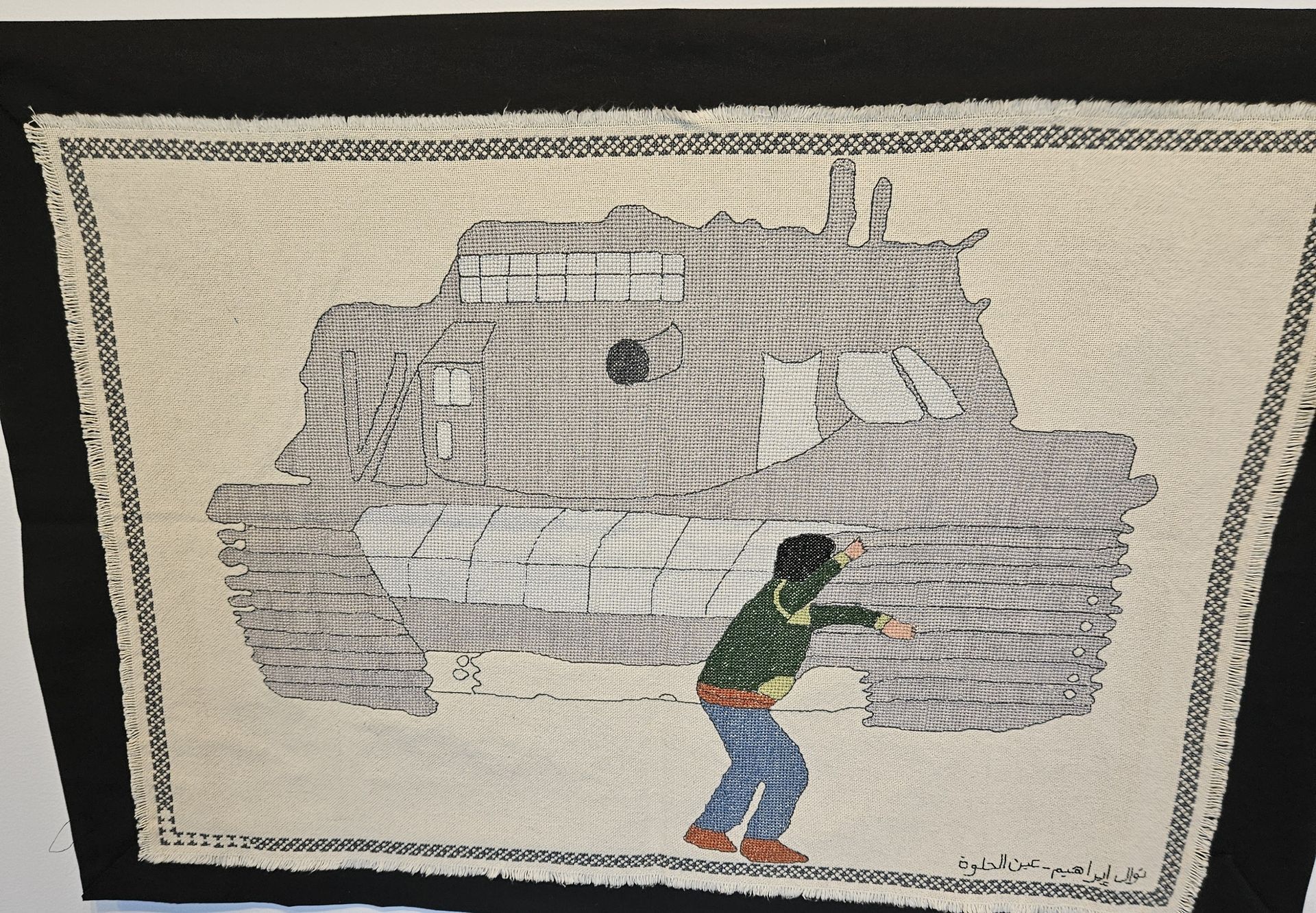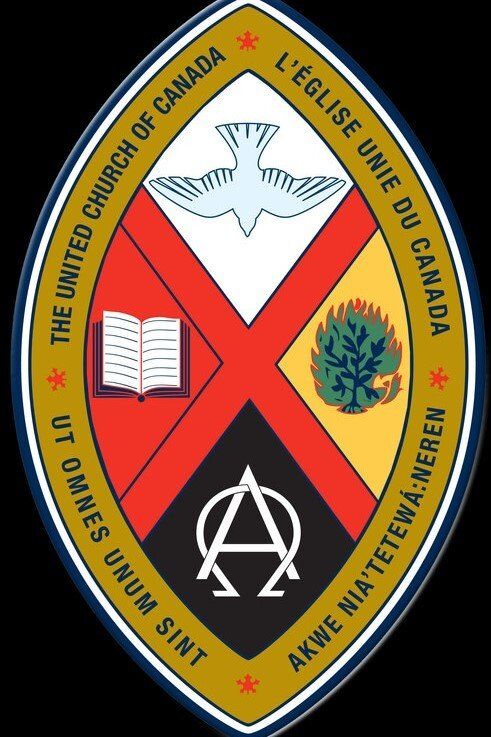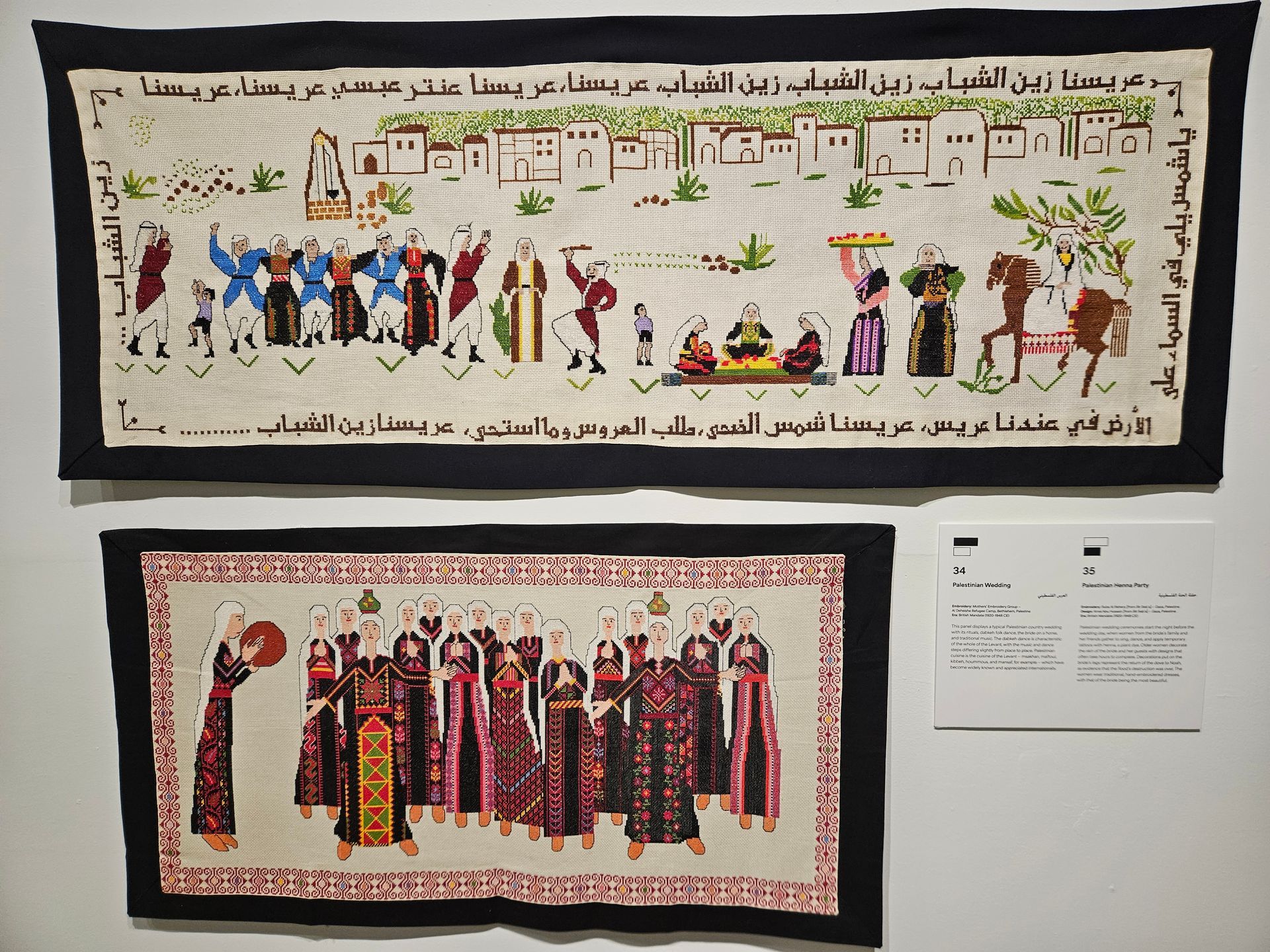
A Voice Muffled or Gearing Up?

The crest of The United Church of Canada / l'Eglise Unie du Canada
That ALL may be one; ALL our relations.
Does the United Church have laryngitis? Or is it about to reclaim its voice?
The controversial non-theist United Church minister Greta Vosper on Facebook recently wrote:
“Over the years, the UCC has been progressive in its social inclusion but as it has done so, has failed to protect its own theological history and progression. Its open door has meant that those with very conservative theologies have been welcomed into our embrace because their sexuality, or gender identity or expression have refused them ministries in their own denominations, or because their race had little representation in a predominantly white church. This has resulted in a radically more conservative denomination than the one that formed me in the 1960s.”
Conservative
Vosper’s analysis veers pretty close to an objectionable liberal white supremacy thinking. Scapegoating newcomers to the United Church for the Church’s presumed conservatisms is just too easy. It is simplistic and, in my experience, false. I believe the “Song of Faith” is a strong and clear statement and framework of the UCC’s historic and current commitment to a witness and mission that seek transformation for itself, for the one human family, and for all Creation. “Deep Spirituality, Bold Discipleship, Daring Justice!” is the three-part slogan of the Church’s 44th General Council which defies simplistic and objectionable diagnosis of the Church current theological and ecclesiological state.
That is not to say that the denomination has been able to be as prophetic as it once appeared to be. The voice of the church, it is frequently said, has been muted over the last few decades. To attribute that to a growing diversity of the church’s membership is just another “us” vs “them” meme. The reality is that even in the earlier “more prophetic” decades, there was a substantial portion of the church membership which even then held conservative theological and social positions tempering the Church’s voice.
Then
But the Church’s court system was often better informed about social and political issues and did not hesitate to research and address issues from a Gospel perspective. In the decades ’60, ’70, ’80, and ’90 the UCC had a much larger capacity of staff and volunteers able to address the theological and social issues encumbering society. “Church House” – the office of the General Council – was a 9-storey office building on St. Clair Avenue in Toronto sold in the first half of the 90s and from then was housed on 5 floors at Islington & Bloor. Currently the General Councils fills one floor.
Then Presbyteries had their various social action groups and generated resolutions and action to address issues. Conferences had substantial units of volunteers supported by staff working on some of the issues that frayed the common good tapestry of society. And the General Council supported both a substantial staff at the national level researching, pursuing, and addressing theological trends and many of the issues of the day AND this staff provided to and received from ecumenical Coalition groups both support and partnership.
The latter groups provided the kind of analysis which zeroed in on various social and ethical concerns. Groups like the Latin American Working Group; Aboriginal Rights Coalition; Churches’ Council on Theological Education; TICCR; Women’s Inter-Church Council; Interchurch Refugee Group; Inter-Church Council on Africa; Project North; and a number of other joint efforts kept up the pressure on the powers that be – in-church and out – to address the justice and social issues of the era.
The Church also had nine theological schools, plus six church-related colleges and universities, and five lay education centres aiding in the educational task helping to motivate and equip people to speaking up and acting by faith. Now a much smaller educational capacity and a noticeable decline in the number of Canadian UCC folk engaged in scholarly research and educational roles weakens societal engagement. This is a worrying matter in a time when knowledge and information is both exploding and people of faith and goodwill are urgently needed to proclaim truth and justice in larger measures.
Now
“Then” wasn’t sustainable any longer. Numbers tell the tale. The church court system involving laity and ministry-personnel had to be consolidated. “Then” authority and governance was dispersed over three levels of “courts” - 90 or so presbyteries addressing local and district societal issues (and church admin) with the backing of 13 Conferences, and the General Council all - with elected members. Today the United Church is heavily staff driven and only has 16 Regional Councils - too distant from too many local communities of faith & ministry - and the General Council, plus the yet to be defined structure for Indigenous communities of faith.
With general decline and aging membership and corresponding reduced revenues, the national and conference staffs and working groups were reduced in numbers resulting in the significant reduction in the amount of research the institution was able to produce. And without adequate research, the church enters into the socio-political fray at its peril. The truth sets free, but the truth must be true and evidence based.
As well, reducing the number of volunteer committees in the “courts” led to an increasingly hierarchical governance structure, in part caused by a fascination with the Carver model of governance. Combined with this reduction in capacity, there was a noticeable reduction in the willingness of senior leadership to pursue justice in a daring way. It may be that Vosper was picking up this vibe while not being as aware of the capacity pressures plaguing the Church.
At the same time, the Church may have become more aware of its own inclination to be self-righteous and pretentious in its too frequent pronouncements. Humility is one of the virtues the Spirit of Christ awakens in discerning communities, even as the same Spirit awakens holy rage at and resistance to evil carried out in God’s world. But humility and especially timidity should never dampen hearts of the courageous called to bold prophetic discipleship rooted in deep faith.
Today, Kairos Canada, representative of 10-plus denominations and religious entities is the organizational inheritor of 10-plus Inter-church coalition groups. As denominational numbers – people and finances – diminished support for shared social ministry has had to be “rationalized”, simplified, and reduced. The result: the voice of the ecumenical Christian denominations has been muffled and their social focus has been narrowed in large measure limited by the capacity of the Kairos network – itself plagued by insufficient and declining funding from the participating denominations.
To be engaged socially in a responsible way, churches like The United Church of Canada have to research the issues and discern, in the light of the Gospel, what it is that God is calling us to say and do! Not to do the research and discernment risks the Gospel message being held in contempt because the issues appear not to be understood or have been addressed simplistically or reliant on biblical snippets that carry little weight in the general populace.
Reduced capacity means reduced witness. But it does not have to mean that the church voice is dampened – even though courageous and imaginative witness still goes on in various places across the land.
Waiting for ?
We are actively awaiting the 44th General Council’s strategic implementation direction and plan for the Church during the next triennium. Moderator Carmen Lansdowne has already given some clues about vigorous engagement in the issues of our day – particularly in pursuing a more respectful and just relationship with Indigenous Peoples and learning from their experience and wisdom..
In the meanwhile, perhaps we need to find more effective ways of seeking to restore some of the wisdom and strength that came from the many groups and committees that represented dispersed and diverse knowledge, commitment, imagination, and energy in the “old” system.
What about this - as one idea?
Create “Common Good Cell Groups” or “Moderator’s Advocacy Groups” or Exploration Groups that focus on particular subject areas. Decide to work together to research, gather information, develop strategies, address local issues, and recommend action by the larger Church. The groups could be Zoom based, geographically situated, denominational, ecumenical, interfaith, partnered with neighbours of “goodwill”.
Offer supportive links to larger church/faith community entities like Kairos, help create access to educational centres and/or faculty members. Identify a Coordinator of the Moderator’s Groups. The coordinator might advise, point to resources, identify networks, and channel the sharing the groups’ work into the Church courts and administrative systems – both local, regional and national.
Today more than ever God’s world needs less emphasis on institutions, and more bold, deeply rooted friends and companions of Jesus equipped for daring justice. We need more creative thinking to partner with other people of goodwill for the well-being of ALL the earth “All our relations” – in the world of the Spirit and in Creation – await that transformed world of God’s yearning. Maranatha!

